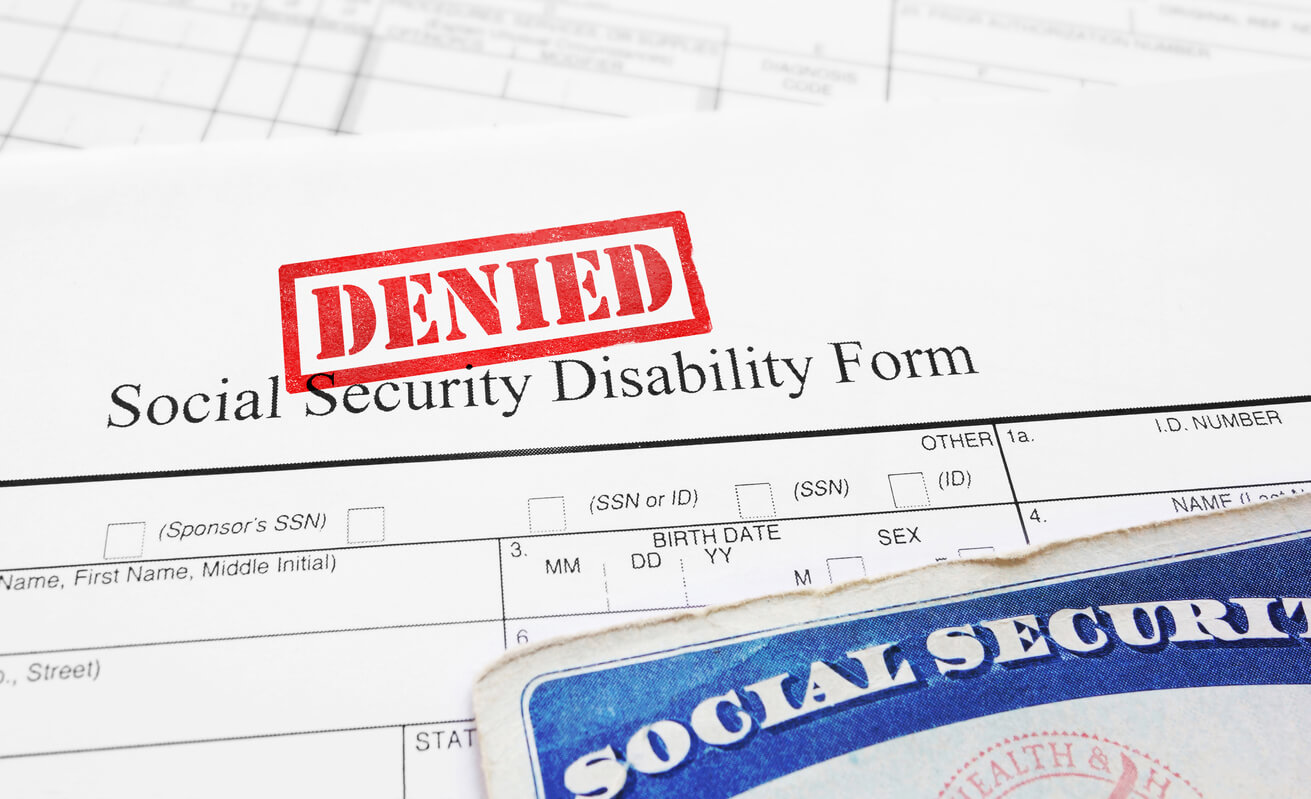For the millions of Americans battling a disability, Social Security Disability (SSD) benefits can be life-changing. Receiving money each month can often be the difference between food and shelter and hunger and homelessness for those who are partially or totally unable to work. With so much at stake, the last thing an SSD recipient would want is for his or her benefits to be discontinued. This is why it’s so important to understand what could cause this to occur. Here are the top 5 reasons that your SSD benefits may be terminated
1. You Begin Working Again
The purpose of SSD benefits is to help individuals who are partially or totally unable to work. However, if you return to work or if you begin bringing in additional income, it could spell the end of your benefits.
In 2019, if you earned more than $880 per month, it triggered what is referred to as a trial work period. This nine-month period of time over a total of 60 months allow an SSD benefit recipient to try to begin working again without stopping their SSD payments. However, once this period is over, if you earn over the Substantial Gainful Activity threshold for any month ($1,220 in 2019), you will not be able to receive benefits for that month.
2. There’s Improvement to Your Medical Condition
While the diagnosis of a disability can be life-altering, the good news is that it’s not always permanent. Fortunately, some disabilities will improve over time. So how does the Social Security Administration (SSA) determine that your medical condition has improved? It uses a process called the Continuing Disability Review.
For this process claimants who have claims being reviewed will receive notice via the mail to provide the Administration with all relevant information pertaining to their disability. This may include things such as documentation from medical professionals who have treated you.
If the SSA finds that your condition has improved it will again notify you in the same manner and let you know when your benefits will end. You do have the opportunity to appeal.
3. There’s a Change in Your Living Situation
Sometimes a change in your living situation may trigger a reduction or cessation of your SSD benefits. This commonly occurs when someone leaves a nursing home, assisted living facility, or other care facility.
If you have your living conditions paid for by someone else, you may have your benefits terminated. Therefore those individuals who become incarcerated or institutionalized may lose their benefits.
4. Your Non-Exempt Assets or Income Surpass the Limit
To receive SSD benefits, your non-exempt assets or income must not exceed the limit. Non-exempt assets include things such as:
- Spouse’s income
- Parental income
- Free food or shelter
- Certain assets
The limit is $2,000 for a single claimant, or $3,000 for a married claimant.
5. You Reach the Age of Retirement
If you are receiving retirement benefits you may not also receive SSD benefits at the same time. Therefore those who reach the age of retirement may no longer receive SSD benefits. Currently, the age of retirement is 66 years. The good thing is that the income a retired individual makes will not cause a reduction to his or her benefits.
The Las Vegas SSD Attorneys at Roeschke Law, LLC Can Help
If you or a loved one is struggling with a disability that prevents the ability to work, you may not know how to proceed. Fortunately, the attorneys at Roeschke Law, LLC can help. We understand the impact that a disability can have on your physical, emotional, and financial health. That’s why it’s our mission to help you. To learn more, or to schedule a consultation, contact us today!
